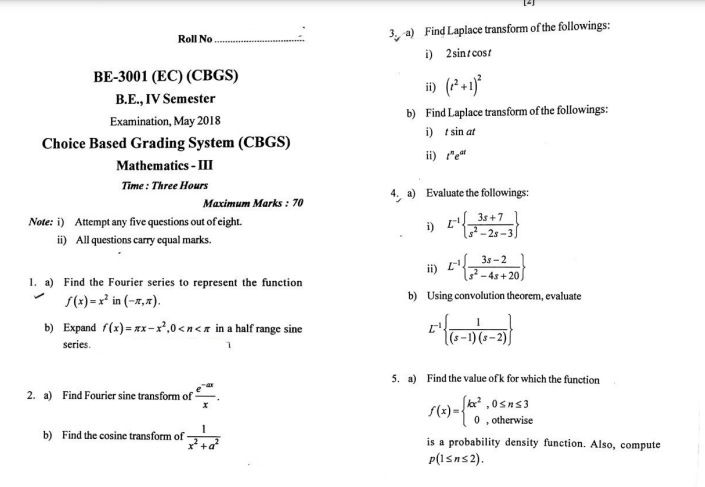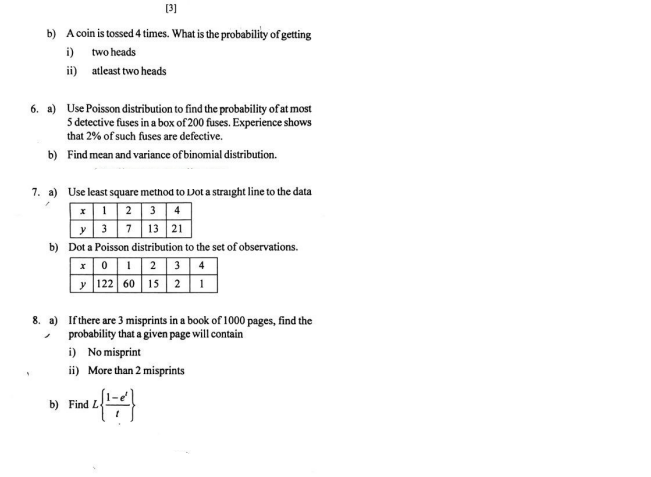Embark on a journey of academic excellence as we unravel the secrets hidden within the KCET Previous Year Question Papers. Whether you’re a seasoned aspirant or just beginning your preparation journey, our blog offers a treasure trove of insights, strategies, and resources to help you ace your KCET examinations with confidence.
Overview: KCET Previous Year Question Papers
KCET (Karnataka Common Entrance Test) previous year question papers are a valuable resource for exam preparation. Here’s an overview to help you leverage them effectively:
Benefits:
- Exam Pattern and Difficulty Level: Understanding the format, weightage of topics, and difficulty level of questions from past exams helps you strategize your study approach.
- Practice and Time Management: Solving past papers simulates the actual exam environment, allowing you to practice time management and identify areas needing improvement.
- Important Topics: KCET question papers often highlight frequently tested topics, guiding you to focus your studies effective.
Things to Consider:
- Year of Papers: Focus on solving papers from recent years (ideally the last 3-5 years) for the most relevant exam pattern.
- Subject Selection: Download question papers specific to your exam (Mathematics, Physics, Chemistry, Biology, etc.).
- Answer Keys: Utilize papers with answer keys to analyze your performance, understand marking schemes, and identify knowledge gaps
Download: KCET Previous Year Question Papers
Syllabus of KCET Previous Year Question Papers
| Subject | Topics Covered |
|---|---|
| Physics | – Mechanics |
| – Thermodynamics | |
| – Electromagnetism | |
| – Optics | |
| – Modern Physics | |
| Chemistry | – Organic Chemistry |
| – Inorganic Chemistry | |
| – Physical Chemistry | |
| – Biochemistry | |
| Mathematics | – Algebra |
| – Calculus | |
| – Trigonometry | |
| – Coordinate Geometry | |
| – Probability and Statistics | |
| Biology (For PCB Group) | – Botany |
| – Zoology | |
| – Ecology | |
| – Genetics |
Tips for Good Preparation
- Learn Syllabus Carefully: Learn every topic covered in the syllabus, including the chapters, theory, Numericals. Make sure you are prepared for the exam.
- Frequent Practice: To enhance your abilities, practice writing exams and reading help books on a frequent basis.
- Solve Previous Year Question Papers: Examine past year’s question papers to gain insight into the format and nature of the questions. It will also assist you with time management.
- Revise Often: To help you remember material and enhance your comprehension, go back and review chapters, on a frequent basis.
- Remain Positive and Confident: Remain upbeat and assured of your skills. Have faith in your readiness and in yourself.
- Maintain Your Health: Make sure you’re eating right, getting enough sleep, and exercising on a regular basis. A sound body promotes a sound mind, which is necessary for studying for exams.
Common Challenges faced by students
Starting an educational path frequently means facing typical obstacles that learners face. Identifying these obstacles is the first step in creating winning plans to get over them. Here, we examine a few common issues that students encounter:
- Time management: It might be difficult to strike a balance between extracurricular activity and academic obligations. It can be difficult for students to set aside enough time for each topic or to stick to a regular study schedule.
- Procrastination: The propensity to put off work can make progress difficult. Procrastination frequently stems from a lack of drive or a sense of overwhelm, which makes it difficult to make the most of study time.
- Subject Comprehension: It might be difficult to understand complicated ideas, particularly in areas like science or mathematics. Inadequate study materials or unclear teaching strategies could be part of the problem.
- Exam Anxiety: People frequently struggle with anxiety and nervousness before exams. Stress levels can rise as a result of performance pressure, exam format confusion, or fear of failing.
- Distractions: Social interactions, technological diversions, or a disorganized study space can take attention away from concentrated study periods, which can affect focus and productivity.
- Lack of Resources: Insufficient study materials or restricted access to resources may make thorough preparation difficult. Students that encounter this obstacle could find it difficult to locate additional resources or different teaching aids.
- Peer Pressure: Study habits might be influenced by the desire to live up to peer expectations. It becomes essential to find a balance between social and intellectual obligations.
- Taking Notes Effectively: The difficulty of learning effective note-taking techniques has an impact on the caliber of revision. It could be difficult for students to succinctly summarize material.
- Motivation and Burnout: It might be difficult to maintain motivation for an extended amount of time. Burnout is a condition marked by physical and mental tiredness and can be brought on by persistently demanding academic work under pressure.
FAQ’s: KCET Previous Year Question Papers
Q- Where can I find KCET Previous Year Question Papers?
A- KCET Previous Year Question Papers can be found on various online platforms, including official websites, educational forums, and exam preparation websites. Additionally, you can check with libraries for printed copies.
Q- Why is it important to solve KCET Previous Year Question Papers?
A- Solving previous year question papers helps you understand the exam pattern, types of questions asked, and the level of difficulty. It also aids in time management and boosts confidence.
Q- How many previous year question papers should I solve to prepare effectively?
A- It’s recommended to solve at least 5 to 10 previous year question papers to get a good grasp of the exam pattern and to identify your strengths and weaknesses.








